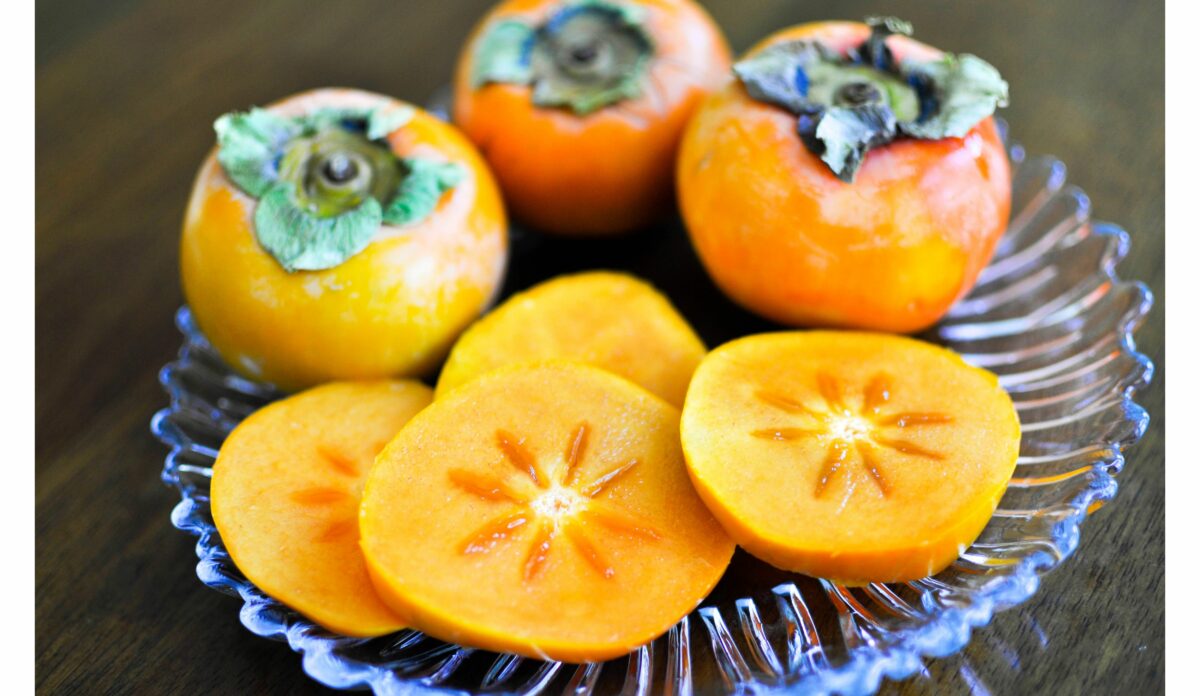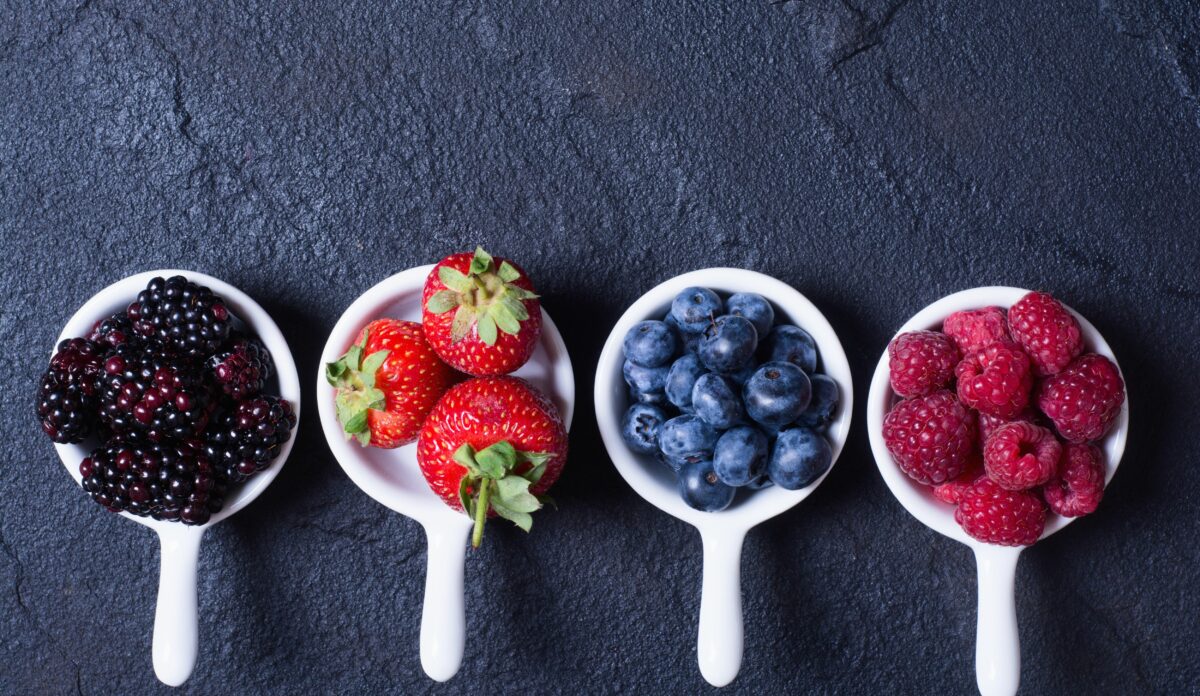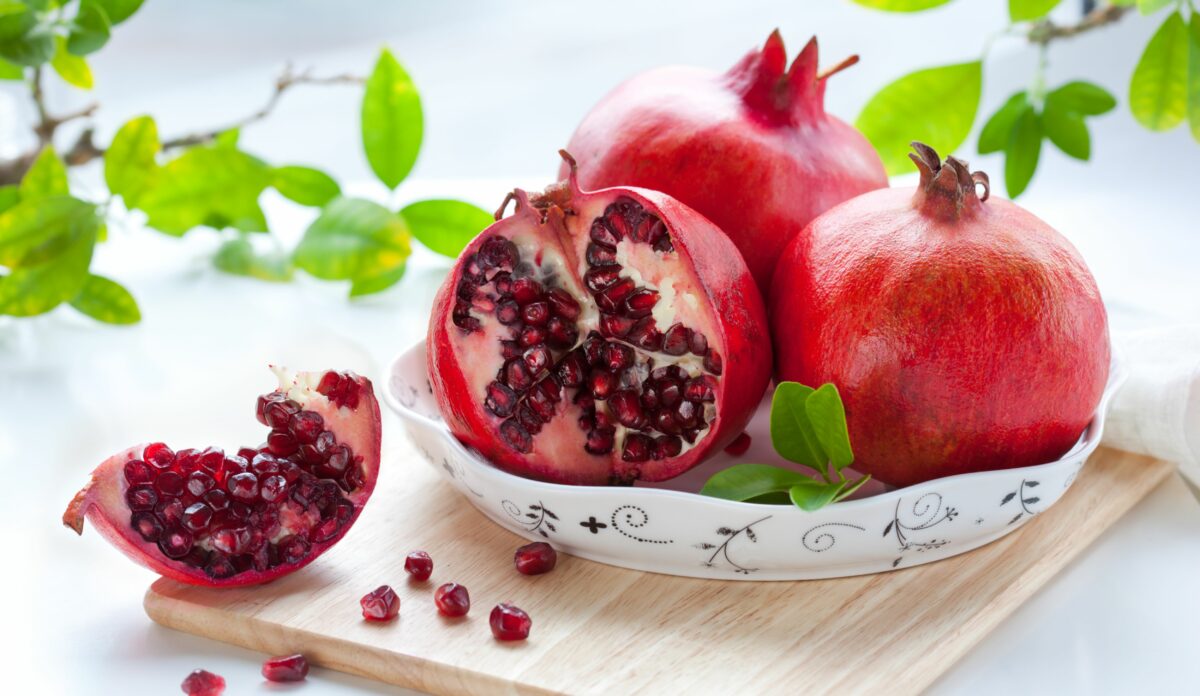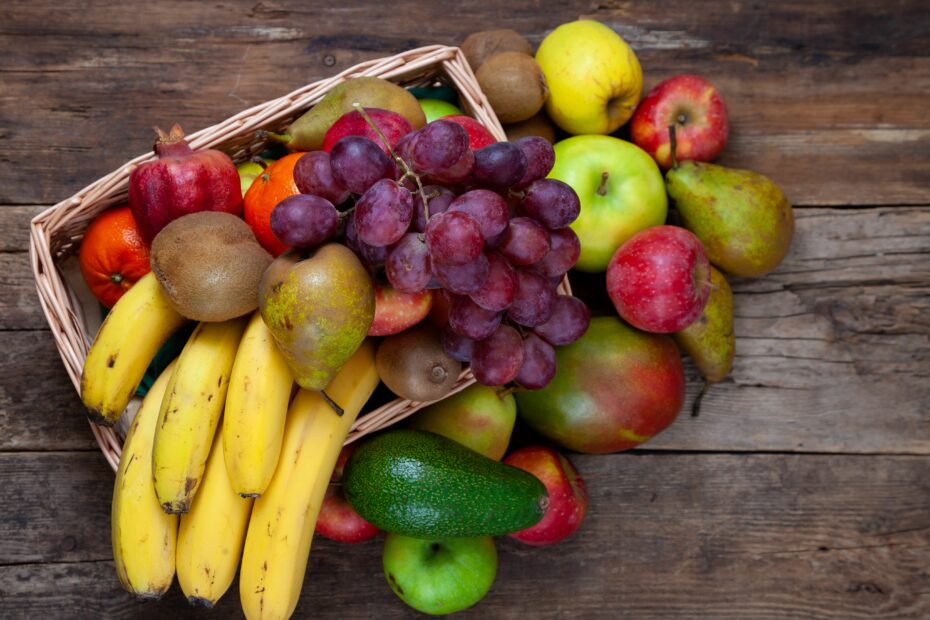Fruits to Lower Cholesterol. Foods – In an age where heart health is becoming a paramount concern, the quest for natural ways to manage cholesterol levels has never been more crucial. Surprisingly, the answer might just lie in your fruit basket. Beyond the usual advice of eating more greens and cutting down on fats, certain fruits have emerged as better choices in the fight against high cholesterol. Here’s a rundown of seven unexpected fruits backed by research that can help keep your cholesterol levels in check. Read Also: 10 Winter Foods for Healthy and Glowing Dark Skin
Fruits to Lower Cholesterol
If you are asking yourself what is the best fruit to lower cholesterol, you are not alone. Many people are turning to natural remedies, including fruits, to help keep their cholesterol levels in check. Here are 7 fruits to help fix high cholesterol:

1. Persimmons: High in Fiber
Often overshadowed by more common fruits, persimmons pack a punch when it comes to lowering cholesterol levels. A study highlighted in Karger reveals that the tannin-rich fiber in young persimmon fruits significantly reduces plasma cholesterol levels in humans. The secret lies in their high fiber content, which aids in blocking the absorption of cholesterol into the bloodstream. Incorporating persimmons into your diet can be as simple as adding them to your morning smoothie or enjoying them as a sweet, after-dinner treat.
2. Guavas
Guavas may not be the first fruit you reach for at the grocery store, but perhaps they should be. This is because the fruit has being hailed as one of the fruits to lower cholesterol. Research published in ScienceDirect indicates that consuming guavas can lead to reductions in serum cholesterol and triglycerides while boosting high-density lipoprotein (HDL) cholesterol – the “good” kind. Their high vitamin C and fiber content make guavas an excellent choice for those looking to improve their heart health. Try slicing them into a fruit salad or eating them raw to reap the benefits.
3. Apples: The Classic Choice
An apple a day might keep the doctor away, especially if you’re concerned about cholesterol. Studies, including one cited from JSTOR, have shown that apples can positively affect serum cholesterol levels. This is attributed to their high pectin and polyphenol content, which work together to lower LDL (“bad”) cholesterol. Keep things interesting by experimenting with different apple varieties or incorporating them into baked goods. Read Also: 9 thrilling health benefits of Yams

4. Berries: Nature’s Sweet Antioxidants
Berries are not only delicious but also effective in managing cholesterol levels, as per evidence from systematic reviews and meta-analyses. Their antioxidant properties, associated with fiber, play a significant role in preventing cholesterol from oxidizing and building up in artery walls. Whether it’s strawberries, blueberries, or raspberries, adding a handful of these to your diet can make a difference. Enjoy them as a snack, toss them into oatmeal, or blend them into smoothies.
5. Avocados: ‘The Healthy Fat Fruit’
Although not typically associated with lowering cholesterol due to their high fat content, avocados are rich in monounsaturated fats, which are actually beneficial for heart health. They have been proven to improve lipid profiles by lowering LDL cholesterol and triglycerides without affecting HDL cholesterol levels. Adding avocado to salads, sandwiches, or even enjoying it as guacamole can provide these heart-healthy benefits.
6. Citrus Fruits: The Vitamin C ‘Supplements’
Oranges, lemons, and grapefruits are not just vitamin C powerhouses; they also contain flavonoids that can help lower cholesterol. A study published in the Journal of Agricultural and Food Chemistry found that citrus flavonoids inhibit the synthesis of cholesterol in the liver. Additionally, their high fiber content and low glycemic index make them an ideal choice for those seeking to manage cholesterol levels. Start your day with a glass of freshly squeezed orange juice or add lemon zest to your meals for a cholesterol-lowering boost.

7. Pomegranates: The Antioxidant-Rich Jewels
Last but certainly not least, pomegranates are renowned for their antioxidant properties, which extend to improving cholesterol profiles. They’re particularly effective in reducing the buildup of plaque in the arteries and lowering blood pressure. This is backed by a study published in the American Journal of Cardiology that found pomegranate juice to significantly reduce LDL cholesterol levels. Whether you prefer eating the seeds or drinking the juice, incorporating pomegranates into your routine can be highly beneficial.
Bottom Line
Taking care of your health doesn’t have to be a daunting task. Integrating these fruits into your diet can be a delicious and natural way to combat high cholesterol levels. However, it’s important to remember that no single food is a magic bullet. A balanced diet, coupled with regular exercise, remains the cornerstone of good heart health. Always consult with a healthcare provider before making significant changes to your diet, especially if you have underlying health conditions.



